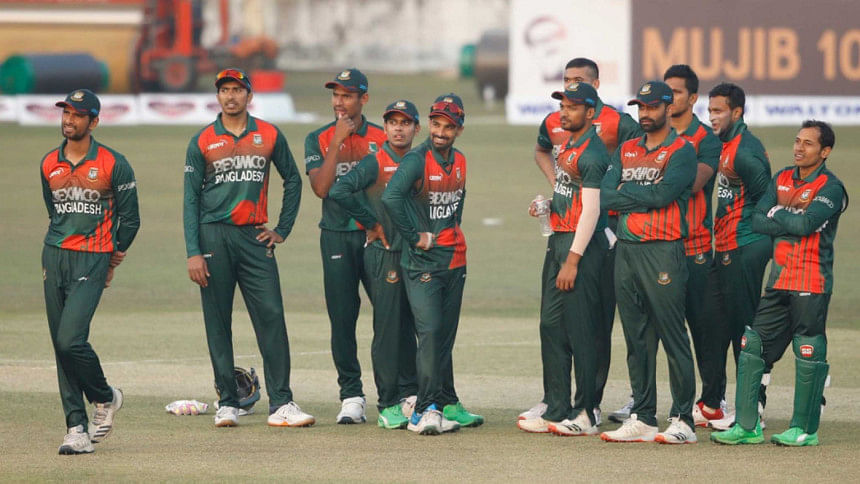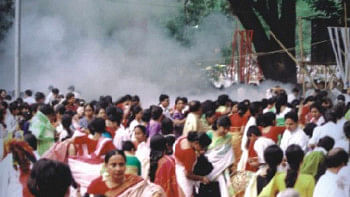A lemonade for the illusion of confidence

When life gives you lemons, make lemonade. If lemonade can help you go invisible, do something insane: rob a bank, perhaps. In 1995, a middle-aged man named McArthur Wheeler walked into two banks in Pittsburgh doing just that. He even smiled at the security cameras during the heist. Later when police arrested him, he muttered: "But I wore the juice." Wheeler thought that by rubbing lemon juice all over his face—as lemon juice can be used as invisible ink—he would be unseen to surveillance cameras. Police later confirmed that the man was not deranged, but "incredibly mistaken." Psychologist Prof David Dunning and his student Justin Kruger at Cornell University studied this curious case and came up with a theory, which is now known as the Dunning-Kruger effect. It talks about the "illusion of confidence."
In their research paper, Dunning and Kruger wrote: "When people are incompetent in the strategies they adopt to achieve success and satisfaction, they suffer a dual burden: Not only do they reach erroneous conclusions and make unfortunate choices, but their incompetence robs them of the ability to realise it. Instead, like Mr Wheeler, they are left with the mistaken impression that they are doing just fine."
Our national men's cricket team went to the ICC T20 World Cup with similar over-confidence buoyed by the success attained in the preparatory matches played in strategically customised, spin-friendly, slow wickets. They scored low, but defended such low scores against worthy opponents. The slowness of the pitch allowed our batters to toy with their shots: scoops, reverse sweeps, or cross-bats (some of these shots were agricultural enough to be reminiscent of our indigenous games, such as danguti). These matches were designed to boost team confidence ahead of the tournament. Our formidable win against Sri Lanka, Australia, and New Zealand gave us false self-assurance.
Our Tigers flew from the soggy fields of Mirpur to the dry deserts of Dubai in a hot air balloon. It did not take much for Great Britain (Scotland, Ireland, and England) and Australia to remind us of the reality of the colonial game. Agricultural shots against the colonial powers worked well in films such as "Lagaan." Illusion reigns supreme in movies. In reality, such shots reduced our Mirpur Tigers to kittens who were simply found playing with a ball of hope during the entire competition. The Dunning-Kruger effect could be seen in action as the reverse bell curve exposed the over-confidence and incompetence of our team. The hyperbole with which we cite stats to describe our non-performing stars sounded horrible (pun unintended), especially in the shrieks of an over-enthusiast commentator. The blame game of the board bosses sounded equally empty as they had failed miserably over the years to spread cricket outside of Mirpur or to create a high-performing talent pool. Instead, they prematurely bring in players from the Under-19 team to play for the senior team, only to break their confidence once and for all. Political considerations add further to the incompetence calculus.
I blame my middle-class sentiment for my whimsical support for the Tigers of Mirpur. My love-hate pendulum with which I approach our national team is probably common to most of the people that I know. We love to be associated with victory, but dissociate the moment there is defeat. Then again, as a nation, we don't get too many opportunities to be proud of our own. Team Tigers have given us a few such occasions. We pin our hopes on their success. It pains us to see our balloons of hope being burst by their irresponsibility and incompetence. Probably, by now, the incorrigible Tigers have made most of us indifferent to sports.
However, while watching the gallery, another reality dawned on me. The expatriate Bangladeshi audience went to every match to enthusiastically support their team. The match for them was a lemon that promised lemonade. Most of them are probably humiliated by their affluent hosts on a daily basis. The matches were a respite from the daily drudgery. They probably spent a fortune to be in the fields to support their team, hoping for a moment of glory which would allow them to hold their heads high among the people who have little or no respect for them in their professional sphere. The game was more than runs and wickets. It was a lagan (appropriate time) for them to be proud of their nation in an international setting. But provided with the lemon, our team managed to turn it sour for its fellow compatriots. I guess we are making over-confidence a national habit.
You can take my lemonade saga with a grain of salt. Let me garnish it with a mint-condition example.
Around 90 percent of the applicants, who took the admission test under the "Ka" unit at Dhaka University, have failed. The pass percentage in the "Kha" unit is slightly better: 16.89 percent. Ironically, 75 percent of these admission-seekers scored a perfect GPA of 5 in their HSC or equivalent exams. The admission tests have exploded the bubble of confidence these applicants have been living in. As someone who used to set questions for these tests, I know that the question-setters are under strict instructions to judge the knowledge of the students at an intermediate level. Then why would so many students fail? True, the selection process demands a high number of eliminations, but that does not justify the failure of so many students in the tests.
According to one report, many of the students failed due to their lack of proficiency in compulsory English language. English is important as students are expected to read texts and supplementary resources in English at the tertiary level. Without linguistic competence, they will be forced either to express in a faulty language or to memorise their answers. Maybe it is rote learning that has improved their academic portfolios at the secondary level. The GPA is a result of a rehearsed performance or a faulty assessment system that gives false hope to our young ones. As our cricket stars have shown, grades are not always true reflectors of one's abilities.
The coaching centres and publishing houses spoon-feed our students with false confidence that falls short at the first sight of a real-life test. The high GPAs are nothing but a manipulation of the market. Similarly, why are we not surprised when our top-ranked player is given chance to play in IPL not for his performance, but for his ability to lure the Bangladeshi market?
Isn't it uncanny that the Dunning-Kruger effect can be traced in both our education and our cricket? Well, our cricket gods have once again consoled us saying that these games on the global platforms are but occasions to learn. One meme has it right: the learning curve of the Bangladesh team makes Tigers the most educated team in the world.
Meanwhile, someone in Cricinfo wryly wrote: "You are the weakest link, goodbye."
Shamsad Mortuza is the pro-vice-chancellor of the University of Liberal Arts Bangladesh (ULAB).

 For all latest news, follow The Daily Star's Google News channel.
For all latest news, follow The Daily Star's Google News channel. 



Comments